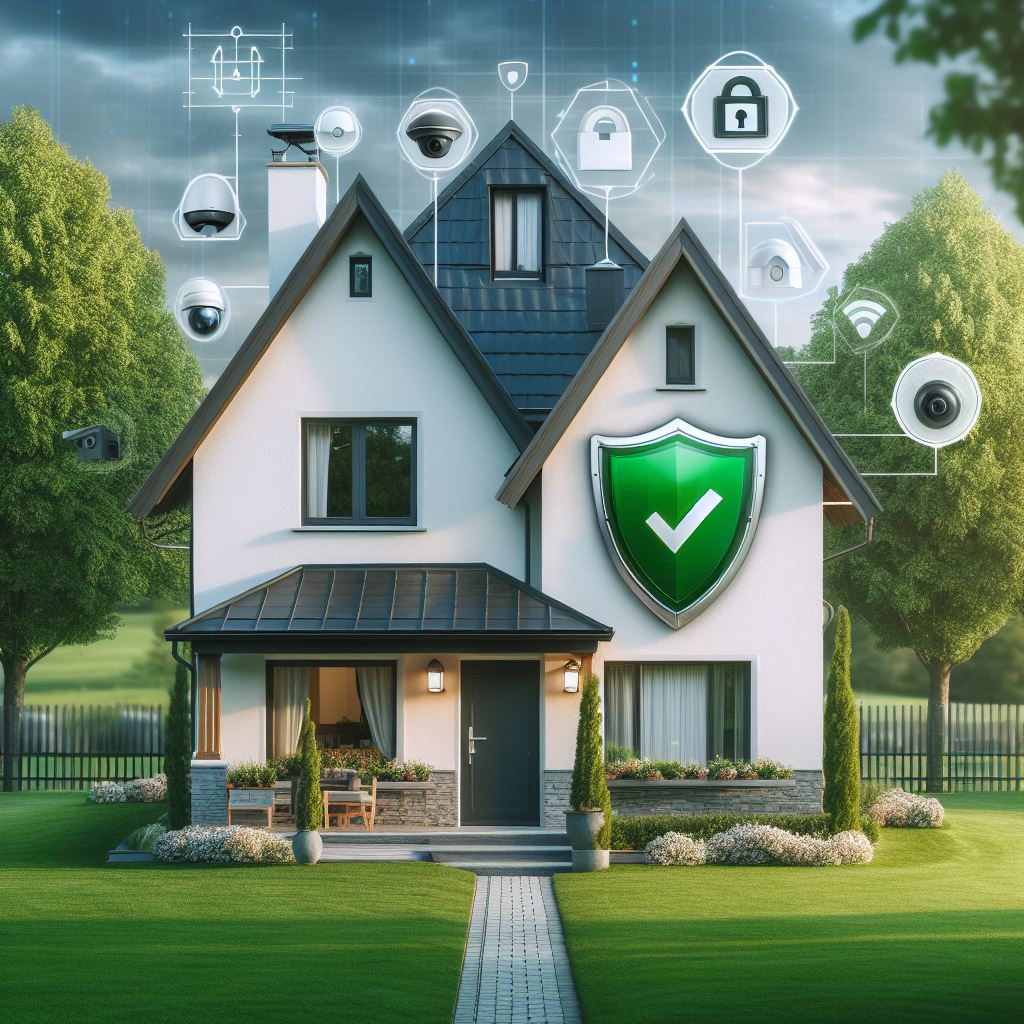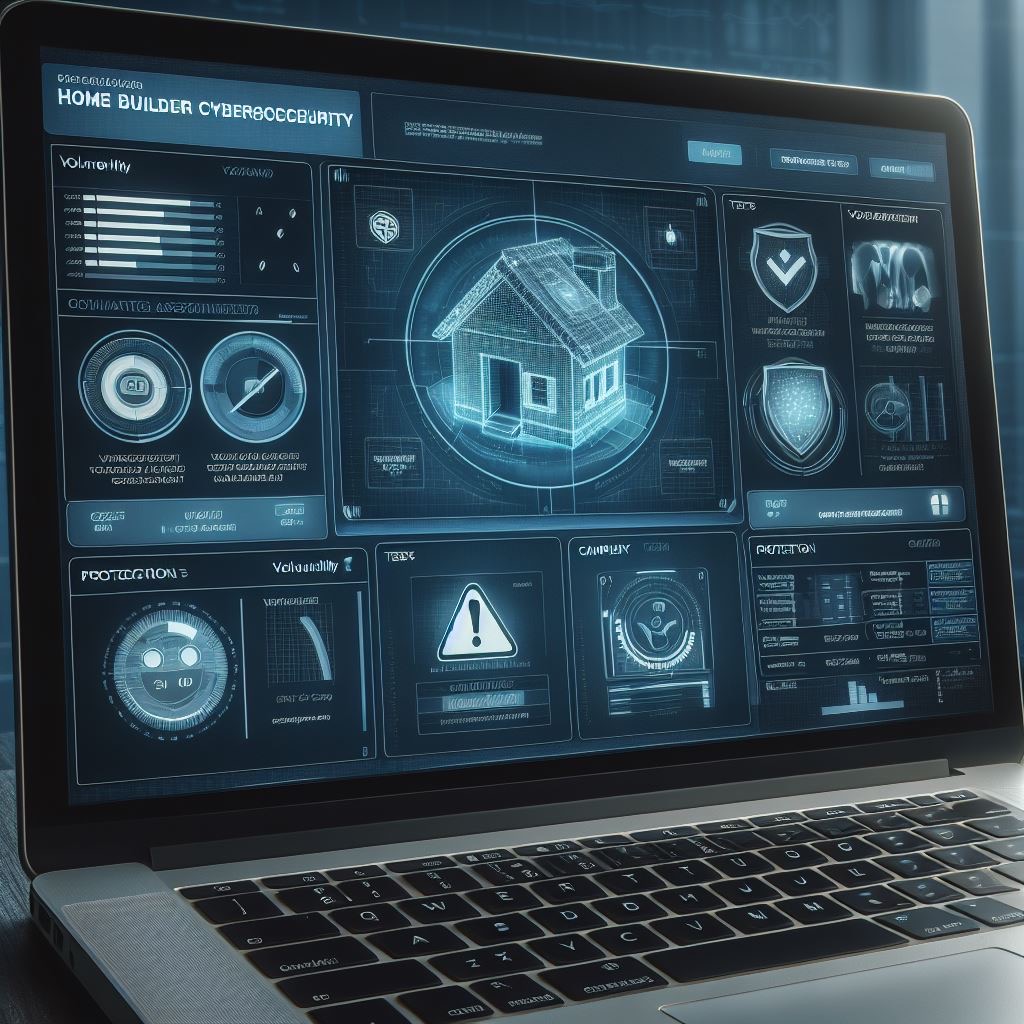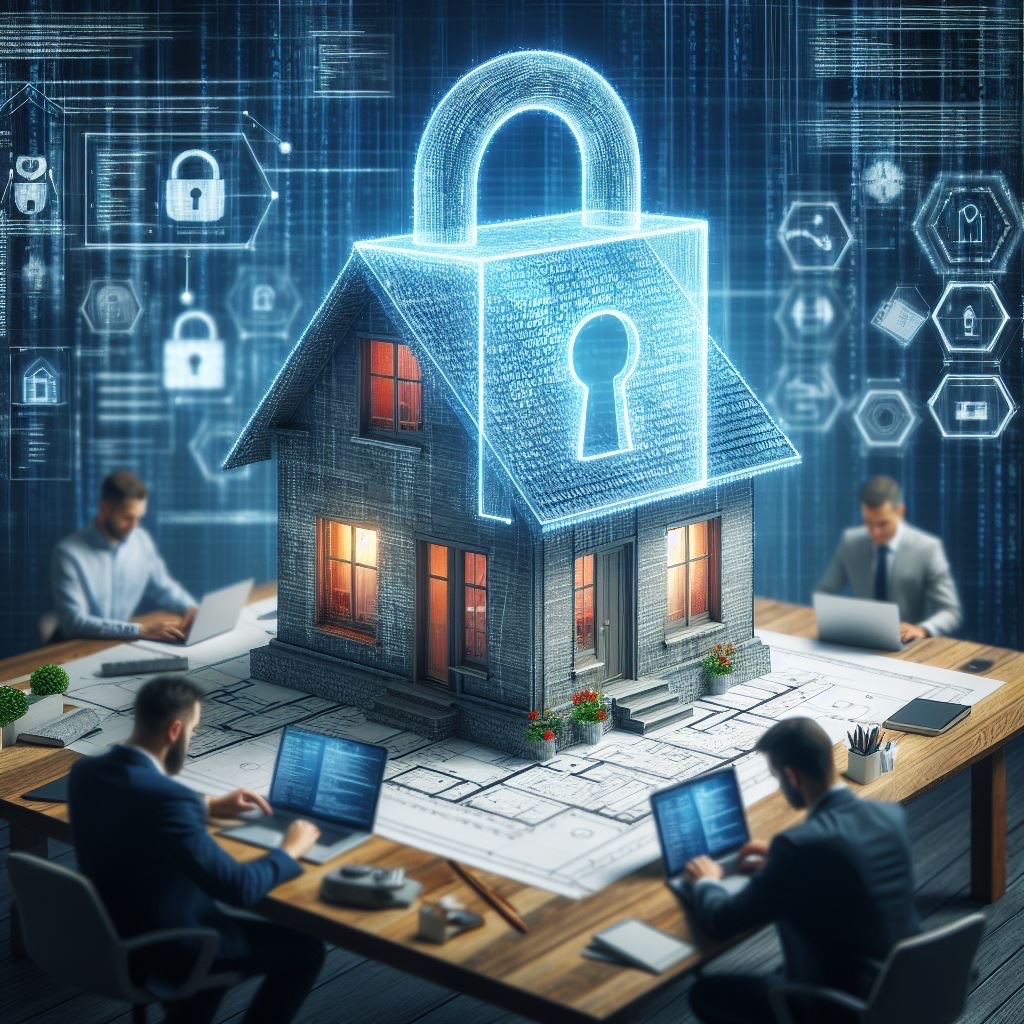
Defying All Odds - Day 3: Protecting Privacy in Residential Construction: Cybersecurity Best Practices
“You have to be prepared to fight and finish your own battles.” - Jim Harbaugh
Introduction:
In the realm of residential construction, privacy and security are paramount. Homeowners trust construction companies with their most personal and valuable information, making it essential for these companies to prioritize cybersecurity. Just as our college football team defied all odds to achieve victory, construction companies can overcome the challenges of cyber threats by implementing cybersecurity best practices. In this blog post, we will explore the importance of protecting privacy in residential construction and provide actionable cybersecurity strategies to safeguard sensitive information.
In our featured story, we talked about how ZATIS helped a construction company defy the odds by winning the battle against hackers and cybercriminals. Join us as we continue on a journey where we explore the latest trends, best practices, and innovative solutions that empower businesses to stay one step ahead of hackers and cybercriminals.
1. Recognizing the Value of Privacy:

Residential construction companies handle a wealth of sensitive information, including financial records, blueprints, homeowner data, and employee details. Recognizing the value of privacy is the first step towards implementing effective cybersecurity measures. By understanding the potential consequences of a data breach, construction companies can prioritize the protection of sensitive information and mitigate the risks associated with cyber threats.
2. Building a Strong Cybersecurity Foundation:

Just as a solid foundation is crucial for a well-built home, a strong cybersecurity foundation is essential for protecting privacy in residential construction. This foundation starts with implementing robust security policies and procedures, including strong password protocols, regular software updates, and secure network configurations. Construction companies should also consider investing in advanced cybersecurity tools such as firewalls, intrusion detection systems, and encryption technologies to fortify their defenses against cyber threats.
3. Employee Training and Awareness:

Employees play a vital role in maintaining the privacy and security of sensitive information. Construction companies should prioritize employee training and awareness programs to educate their staff about cybersecurity best practices. This includes teaching employees how to identify and report phishing emails, the importance of strong passwords, and the risks associated with sharing sensitive information. By fostering a culture of cybersecurity awareness, construction companies can empower their employees to become the first line of defense against cyber threats.
4. Secure Data Storage and Sharing:

Residential construction companies often rely on digital platforms and cloud storage to manage and share information. However, it is crucial to ensure that these platforms are secure and compliant with privacy regulations. Construction companies should implement secure file sharing protocols, encrypt sensitive data both in transit and at rest, and regularly back up data to prevent loss in the event of a cybersecurity incident. By adopting secure data storage and sharing practices, construction companies can minimize the risk of unauthorized access to sensitive information.
5. Regular Risk Assessments and Incident Response Planning:

Cyber threats are constantly evolving, making it essential for construction companies to conduct regular risk assessments to identify vulnerabilities in their systems and processes. This allows them to proactively address any weaknesses and implement necessary security controls. Additionally, construction companies should develop comprehensive incident response plans that outline the steps to be taken in the event of a cybersecurity incident. This ensures a swift and effective response, minimizing the impact of a breach and protecting the privacy of homeowners and employees.
Looking for ways to improve your company's Cybersecurity? Download 15 Ways to Prevent a Cyber Attack FREE TRAINING and you can even schedule a FREE 15-Minute Cyber Consult.

The Importance of Proactive Cybersecurity Measures
To mitigate the risks associated with cyber threats, construction companies must adopt a proactive approach to cybersecurity. Implementing robust cybersecurity measures can help protect the company's assets, maintain client trust, and ensure the smooth operation of projects. Here are some key steps that construction companies can take:
1. Employee Education and Training:

Employees are often the first line of defense against cyber threats. Providing comprehensive training on cybersecurity best practices, such as identifying phishing emails and using strong passwords, can significantly reduce the risk of successful attacks.
2. Regular Security Assessments:

Conducting regular security assessments, including vulnerability scanning and penetration testing, can identify potential weaknesses in the company's systems and infrastructure. This allows for timely remediation before cybercriminals can exploit these vulnerabilities.
3. Secure Network Infrastructure:

Implementing robust firewalls, intrusion detection systems, and encryption protocols can help safeguard the company's network infrastructure from unauthorized access and data breaches.
4. Access Control and Authentication:

Implementing strong access control measures, such as multi-factor authentication and role-based access controls, can ensure that only authorized individuals have access to sensitive information.
5. Data Backup and Recovery:

Regularly backing up critical data and implementing a robust disaster recovery plan can help minimize the impact of a cyber-attack and facilitate the restoration of operations.
Conclusion:
Just as our college football team defied all odds and emerged victorious, residential construction companies can protect privacy and overcome the challenges of cyber threats. By implementing cybersecurity best practices, such as building a strong foundation, prioritizing employee training, securing data storage and sharing, and conducting regular risk assessments, construction companies can safeguard sensitive information and maintain the trust of homeowners. In this digital age, protecting privacy in residential construction is not only a responsibility but also a competitive advantage. By prioritizing cybersecurity, construction companies can thrive, providing secure and trusted services to homeowners while defying the odds of cyber threats. Together, let us build a future where privacy is protected, and residential construction remains a safe haven for homeowners.
Want to know if your construction company is at major risk of getting hacked? Click here for a FREE 15-Minute Cyber Consult.

5 Reasons Your Construction Company Needs a Cybersecurity Risk Assessment. 👊
It is important for construction companies to conduct a cybersecurity risk assessment for several reasons:
1. Protection of sensitive data:
Construction companies handle a vast amount of sensitive data, including financial information, project details, client information, and employee records. Conducting a cybersecurity risk assessment helps identify potential vulnerabilities and ensures appropriate safeguards are in place to protect this data from unauthorized access, data breaches, or theft.
2. Mitigating financial losses:
Cyberattacks can result in significant financial losses for construction companies. These losses can stem from data breaches, ransomware attacks, or the disruption of critical systems. By conducting a cybersecurity risk assessment, companies can identify potential weaknesses in their IT infrastructure and take proactive measures to mitigate the financial risks associated with cyber threats.
3. Maintaining business continuity:
A successful cyber-attack can disrupt construction projects, delay timelines, and impact the overall business operations. By conducting a risk assessment, construction companies can identify potential vulnerabilities and implement robust cybersecurity measures to ensure business continuity. This includes having backup systems, disaster recovery plans, and incident response protocols in place.
4. Protecting reputation and client trust:
Construction companies rely on their reputation and client trust to secure new projects and contracts. A cybersecurity breach can undermine trust, damage the company's reputation, and lead to the loss of clients. By conducting a risk assessment and implementing appropriate cybersecurity measures, construction companies can demonstrate their commitment to protecting client data and maintaining a secure operating environment.
5. Compliance with regulations:
Construction companies may be subject to industry-specific regulations and legal requirements regarding data protection and cybersecurity. Conducting a risk assessment helps identify any gaps in compliance and ensures that the company meets the necessary regulatory obligations.
Overall, conducting a cybersecurity risk assessment allows construction companies to proactively identify and address potential vulnerabilities, protect sensitive data, mitigate financial losses, maintain business continuity, protect their reputation, and comply with relevant regulations.
Other resources to help you get started with Cybersecurity
Start your own Cybersecurity initiative:
Here is a quick checklist to get you started with your Cybersecurity initiative. Remember imperfect action beats inaction, get started and keep pushing for progress and awareness with your people.
Update your software
Secure your files
Require passwords
Encrypt devices
Use multi-factor authentication
Protect your wireless network
Make "SMART SECURITY" your business as usual
Require strong passwords
Train all staff
Have a plan
